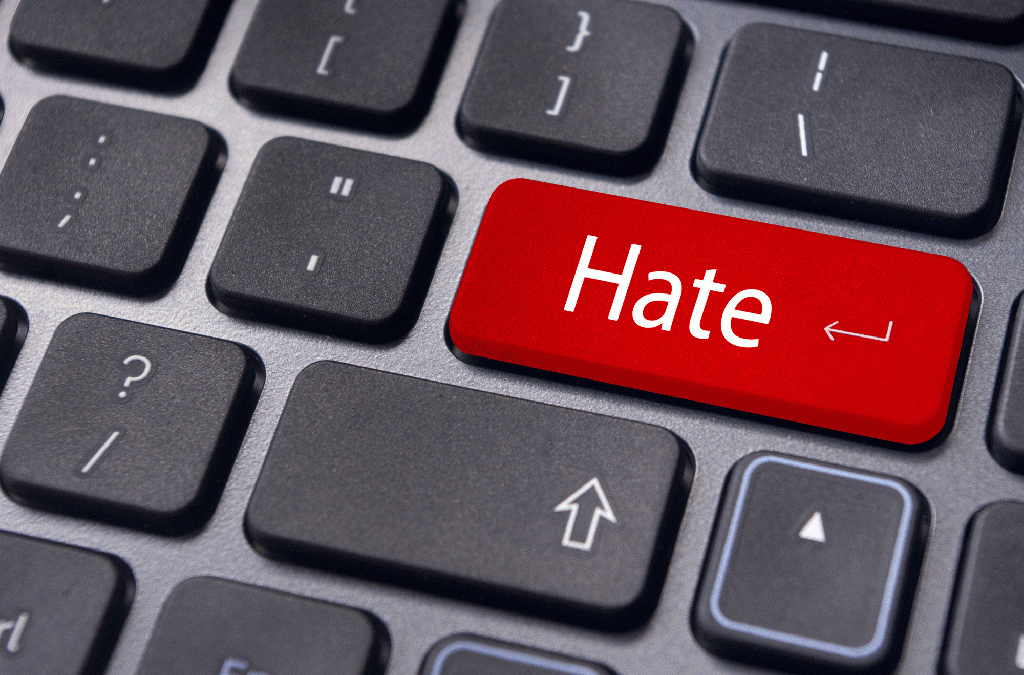Haters gonna hate.
When it comes to spreading toxicity online, trolls aren’t keen to just rest on their viral laurels, according to a study by Cornell University, which found that the more “likes” a negative post receives, the likelier the author is to publish an even more hateful message next.
The findings suggest that online hate is primarily fueled by “the pursuit of social approval” — and not, one might expect, the intent to cause emotional harm to the person or people targeted.
Researchers Julie Jiang, Luca Luceri and Emilio Ferrara reviewed posts on X (formerly Twitter), analyzing what happened when users met with approval for potential hurtful messages.
They found that when a toxic tweet got a large number of “likes,” the author’s next post would be more inflammatory.
This comes as watchdogs continue to warn about the rise of hate speech, especially on social media.
“It now appears that the same dynamics that can make some online relationships intensely positive can also fuel friendly feelings among those who join together online in expressing enmity toward identity groups and individual targets,” Joseph B. Walther, a visiting scholar at Harvard University, explained on Phsy.org in response to the study.
He claimed that these social media users are driven to write hateful messages to impress “like-minded” others.
The scholar noted that white supremacists and neo-Nazis often use codes and symbols only understood by each other, demonstrating their investment in eliciting in-group approval, as opposed to spreading their message of hate to others outside the group.
Moreover, many hate groups have turned away from popular social media platforms to join smaller fringe sites — places where the targets of their ire would never see or be victimized by their hurtful messages.
The findings support previous research showing that the more “heavy users” of social media engage with each other, the more knee-jerk and thoughtless their online posts become.
Over time, they become desensitized to positive feedback — “likes,” shares and comments — causing them to lose sight of accuracy and clarity, in favor of instant gratification.

While opinion remains divided on how to best manage hate speech without encroaching on the First Amendment, its rise online has paralleled an uptick in hate crime in the United States.
According to the most recent data from the Federal Bureau of Investigation, hate crimes reported in the US increased nearly 12% in 2021 over the previous year.
Experts hope that understanding the psychology behind hate speech will allow agencies to better monitor and shut it down before these jabs make it out of the group chat and onto the streets.
Source




